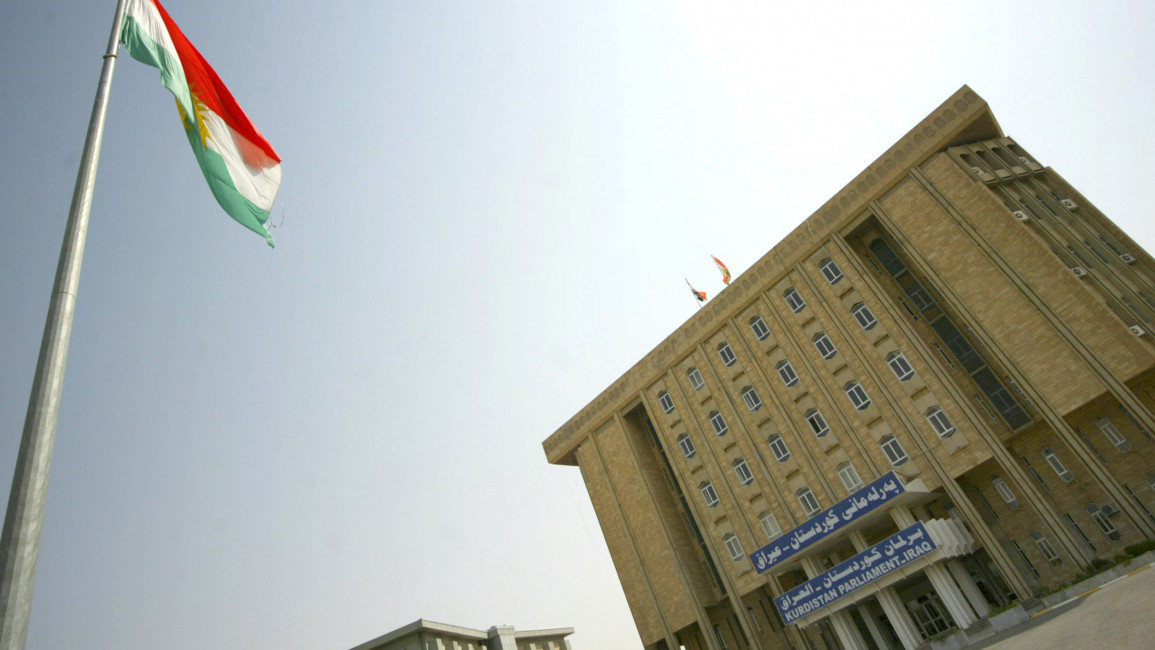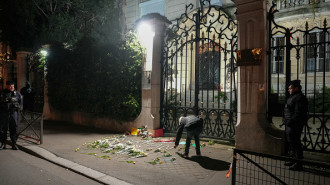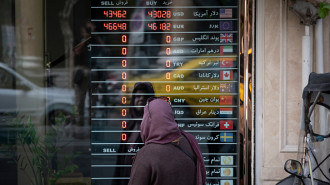Iraqi Kurds must hold long-delayed parliamentary elections: UNAMI spokesperson
Political tensions and a controversy over the minorities' seats are the main stumbling blocks against holding long-delayed parliamentary elections in the Iraqi Kurdistan region.
The regional parliament voted in October to extend its term and reschedule the vote amid disagreements between the Kurdistan Democratic Party (KDP) and the Patriotic Union of Kurdistan (PUK) over electoral constituency boundaries.
"18 November has been set as the date for the elections" to the 111-seat legislature, Dilshad Shihab, spokesman for the regional presidency announced on 26 March.
The election bureaus of the two parties held several meetings in the past weeks and reached to major understanding on how to amend the region's elections law and reauthorise the region's elections commission to conduct the elections. However, both parties failed to reach any progress over the electoral constituency boundaries of the minorities. Thus, they have asked the United Nations Assistance Mission for Iraq (UNAMI) to mediate between them to reach a consensus.
"We are in touch with the parties to provide, at their request, options for the way forward. We provided options last week. It is for the parties to consider these options," a UNAMI spokesperson told The New Arab via email, refusing to be named.
According to a well-informed source within one of the Kurdish ruling parties in the Kurdistan Regional Government (KRG), one of the suggestions by UNAMI is that out of the 11 seats allocated for the minorities in the Kurdish parliament, two seats to be allocated for Sulaimaniyah province - one for the Christians and the other for the Turkmens.
Apr 11 2014 Fighting broke out in Kirkuk between PUK and KDP supporters leaving 17 wounded before KRG elections https://t.co/3HGo0vPvGz pic.twitter.com/UJGUIk98Sn
— Joel Wing (@JoelWing2) April 11, 2023
The KDP is often accused of manipulating the minorities' quota through a carrot-and-stick policy. In all the past elections held in the region, all 11 seats were allocated for Erbil province, while there are minority populations in other Kurdish provinces.
"The PUK has asked that four seats should be allocated for the minorities in Sulaymaniyah and Garmiyan areas," the source added.
The two parties stalled all discussions on the issue due to the recent tensions in the aftermath of a Turkish drone attack on Sulaimaniayh airport last week. The airstrike targeted Mazloum Abdi, a Kurdish commander of the Syrian Democratic Forces (SDF), but he survived.
The two parties threw accusations at each other, with each claiming the other was providing information to Turkey to target Abdi.
"We would like to reiterate that it is imperative to conduct the long-delayed elections, and UNAMI stands ready to provide further advice and technical support if requested by the parties," the spokesman added.
KDP controls the regional government in Erbil and has 45 seats in the current assembly.
Together with the 21-seat PUK, which has produced all Iraqi presidents since Saddam Hussein's fall in 2003, the two parties dominate politics in Iraqi Kurdistan.
The regional parliament not only votes on legislation in the autonomous territory but also approves Kurdistan government appointments, including the prime minister.
The parliament has extended its term several times in recent decades over such disputes, and in the 1990s due to fighting between two rival clans, the KDP-affiliated Barzanis and the PUK-affiliated Talabanis.



